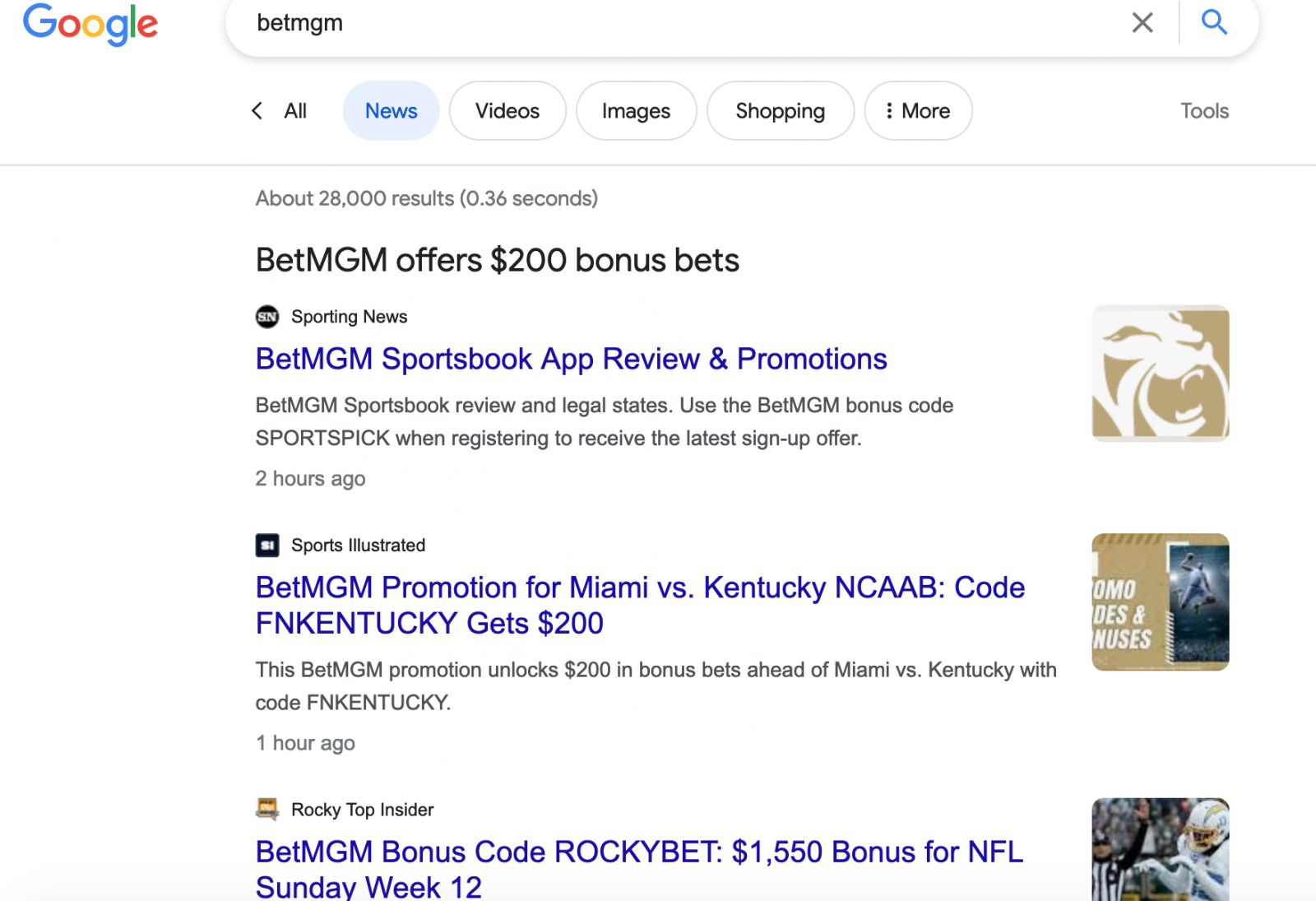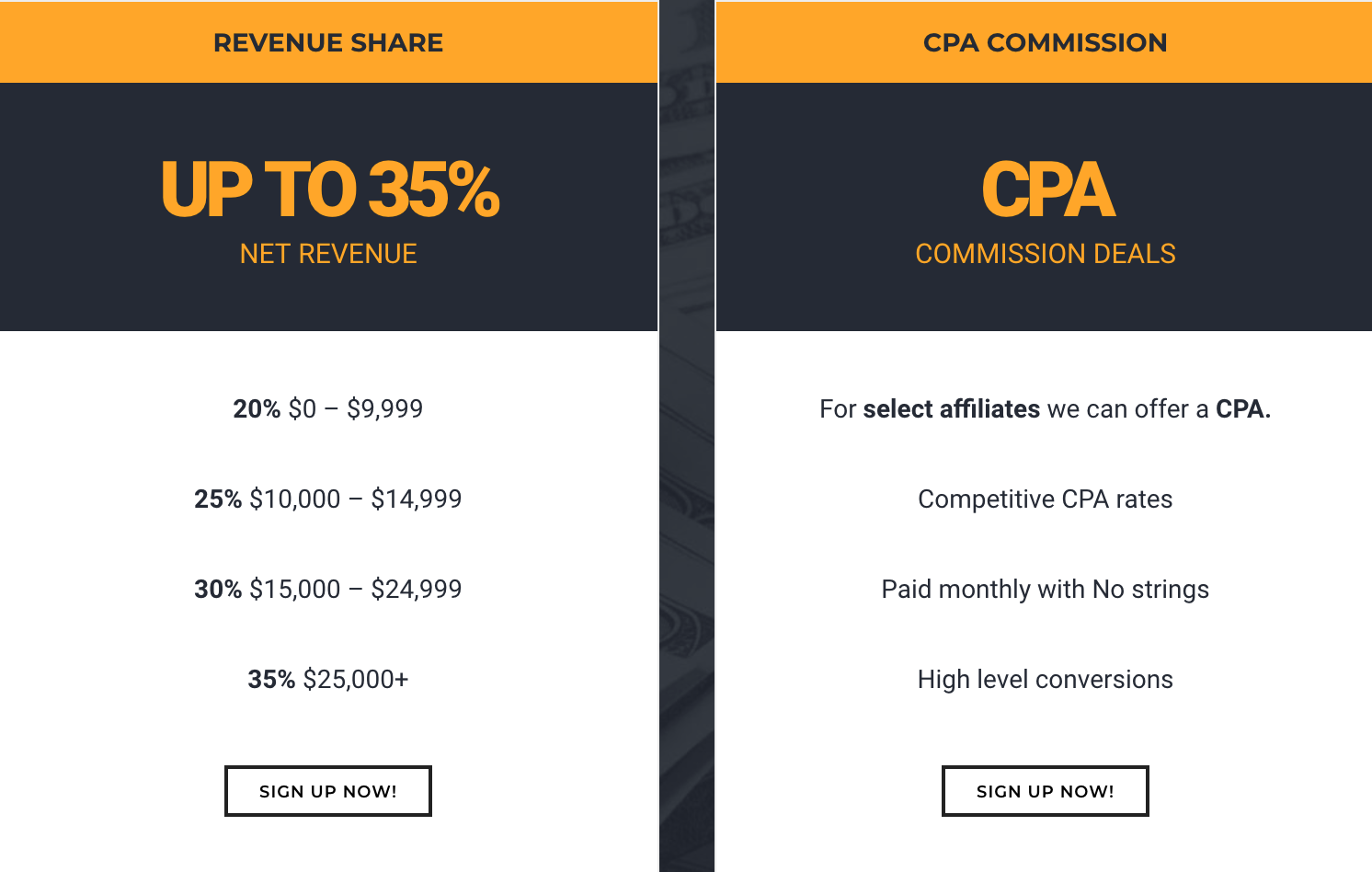Are Online Gambling Affiliate Programs Going the Way of the Dodo Bird, Tyrannosaurus Rex?
This week, CasinoWizard.com co-founder Sami Kurvinen discussed the latest trend of top-tier affiliate programs abandoning their long time partners.
Camuso becomes the latest to abruptly pull the plug on its affiliates.
Kurvinen explains it's a catch-22. Online casinos operating in regulated markets should, in theory, protect everyone from players to vendors to affiliate partners. That's not always the case. Indeed, the latter often get the short end of the stick.
He points to the high costs involved with regulatory environments: The taxes, the licensing, and the overall costs. What results is a need to cut down on marketing.
"Black market operators pay more and have fewer (if any) predatory terms, while traditional tier-one operators have started to implement practices that can only be perceived as hostile towards their former business partners," Kurvinen tells Next Media.
We did see this coming.
A few years back Bet365 began demanding its affiliates follow more stringent guidelines or risk being cut off. They provided "proper" wording for content production and promos along with "forbidden" words. Ultimately they did sever ties with affiliates. This was a response to more draconian policies put in place by the UK.
Bet365 was right to be concerned. Some affiliate did place the company in a precarious position. We see this now with affiliates operating in the U.S. regulated market. The abuse on a popular news aggregator website like Google is so egregious one has to wonder what the ultimately fallout will be. It's not a matter of IF but WHEN.
We typed in "BetMGM" into Google News and got three "top stories", all spam for BetMGM bonus codes and each from reputable news sources. Try it yourself!

While Kurvinen is correct that the high costs of operating in a regulated market will lead to many sites reconsidering their affiliate marketing strategies, abuse by affiliate partners like what we see above will only ensure this trend accelerates, much to the chagrin of all those wonderful affiliates out there who play by the rules.
There is some good news in that affiliate marketing likely is here to stay through 2024 at least. According to Statista, U.S. affiliate marketing spend is expected to reach over $8 billion by the end of 2022, up from $1.6 billion recorded in 2010.
At the same time, affiliates are making less. This applies across the board.
Amazon is constantly changing its commission structure whereby content creators are making less from the online retailer over time. Between 2019 and 2023, Amazon slashed the commission for many of the most popular product categories.
Those "lifetime revenue sharing" deals in online gambling are essentially dead as well. Casumo is the latest example.
That lifetime has been thrown out the window and is rarely used as a marketing tool any more, Kurvinen notes.
"Instead, several top-tier operators have added new terms to existing agreements where affiliate accounts can be closed without further warning if certain new requirements aren’t met.
"This can include accounts that don’t meet a minimum number of FTDs sent per month or per quarter, accounts that haven’t been logged into for a certain number of months, or commissions that haven’t been cashed out prior to a specific date."
Kurvinen adds: "You can see why some affiliates are reverting to promoting black market operators, because they don’t face these risks."
The U.S. sports betting industry is still young but already there is a move towards eliminating what many long time affiliates believe to be the more lucrative revenue-sharing model.
The Massachusetts Gaming Commission (MGC) opted to temporarily overturn a regulation prohibiting marketing affiliate revenue-share and cost-per acquisition (CPA) deals but ultimately allowed only CPA deals with licensed operators in the state from April 14 onwards.
The New York State Gaming Commission eventually reached the same conclusion and decided on a CPA-only model after once considering an outright ban.
As for Camuso, following our report last week, that company apparently has had a change of heart in terms of withholding affiliate funds. At least that's what they are conveying to some affiliates. We'll have to just wait and see on that front.
- Chris Costigan, Gambling911.com Publisher















